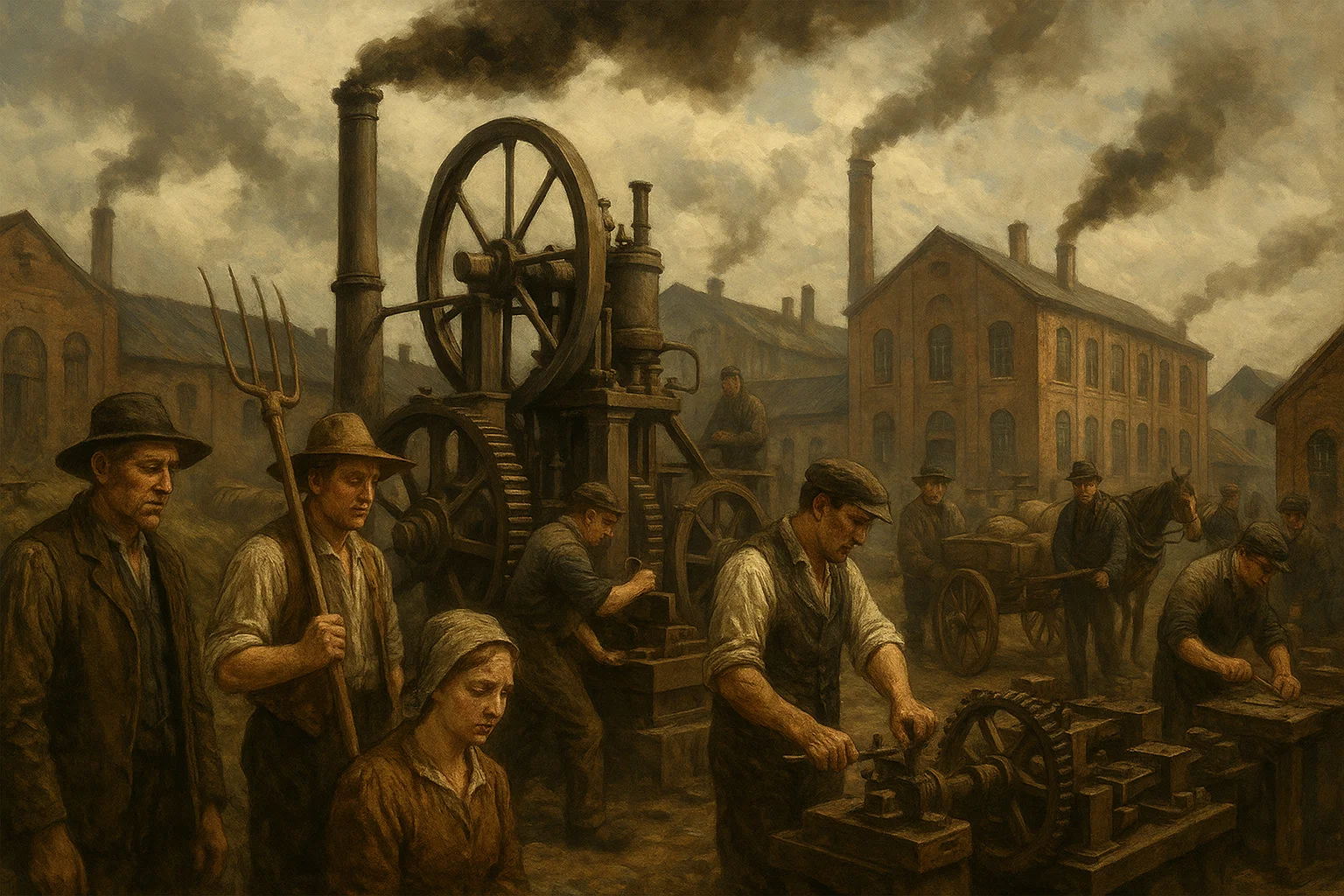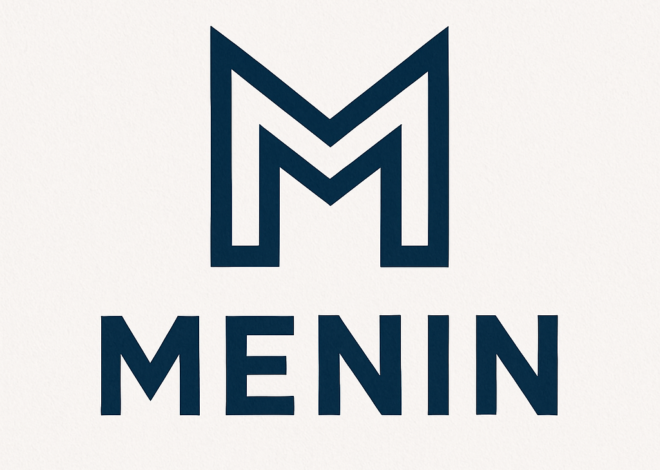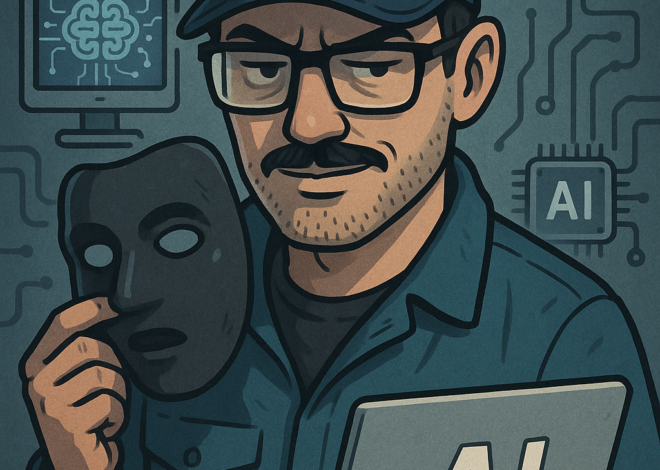
Is AI Really Taking Our Jobs — Or Just Making Work Easier?
The rapid rise of artificial intelligence (AI) has triggered both excitement and anxiety across industries. For some, AI promises unprecedented productivity and innovation. For others, it raises a looming question: Will AI take our jobs? The truth, as history often shows us, is more nuanced. Like previous technological revolutions, AI is not simply a job destroyer—it’s also a job transformer and creator.
A Look Back: How Technology Has Always Disrupted and Enhanced Work
To understand AI’s impact, it helps to look at past technological shifts:
-
The Industrial Revolution (18th–19th centuries): Machines replaced manual labor in agriculture and manufacturing. Many traditional jobs disappeared, but industrialization created new roles in factories, logistics, and engineering. Living standards eventually improved, but not without short-term upheaval.
-
The Computer Age (1950s–1990s): Computers automated repetitive tasks, reducing the need for human data entry and clerical work. But they also gave rise to new industries—software development, IT services, cybersecurity, and tech support. Office workers became more productive, and knowledge work expanded.
-
The Internet Revolution (1990s–2000s): E-commerce and digital communication reshaped business. Some sectors, like retail and newspapers, contracted, but entirely new job categories emerged: web developers, digital marketers, data analysts, content creators, and social media managers.
Each wave of technology has eliminated certain tasks but created others, often more complex and rewarding. The overall effect has typically been job evolution—not eradication.

AI Today: Automation and Augmentation
AI is now capable of performing tasks that were once thought to require human intelligence—analyzing data, recognizing images, generating text, and even composing music. This has led to automation in areas like:
-
Customer service (via chatbots)
-
Finance (automated trading and fraud detection)
-
Healthcare (diagnostic AI and robotic surgery)
-
Transportation (self-driving vehicles)
-
Writing and content creation (generative AI like ChatGPT)
But this automation is not always about replacement. In many cases, AI augments human capabilities:
-
Doctors use AI to detect diseases earlier and more accurately.
-
Journalists use AI tools to summarize research and draft reports.
-
Lawyers use AI to analyze documents faster.
-
Designers use AI to generate mockups and inspiration.
This reflects a broader pattern: AI takes over routine, repetitive tasks, freeing humans to focus on creativity, empathy, problem-solving, and strategic thinking.
The Jobs Most at Risk—and the Ones Poised to Grow
AI is likely to impact some jobs more than others. Roles that are repetitive, rule-based, or data-heavy are more vulnerable to automation. These include:
-
Data entry clerks
-
Telemarketers
-
Basic bookkeeping jobs
-
Simple customer support
However, jobs that require complex decision-making, emotional intelligence, or physical dexterity are harder to automate, such as:
-
Healthcare professionals
-
Creative professionals
-
Skilled trades (electricians, plumbers)
-
Educators and coaches
At the same time, new job categories are emerging, including:
-
AI ethicists
-
Prompt engineers
-
Data labelers and annotators
-
AI trainers and maintainers
The Human Factor: Adaptability and Lifelong Learning
The key takeaway isn’t that AI will inevitably take your job—it’s that AI will change how we work. Workers, companies, and educational institutions must adapt by:
-
Embracing lifelong learning
-
Building digital literacy
-
Focusing on human-centric skills like leadership, empathy, and adaptability
Governments and organizations also play a crucial role in ensuring workers can reskill and transition into new roles as industries evolve.
Conclusion: Disruption, Yes—But Also Opportunity
AI, like every major technological advance before it, is a disruptive force. It will replace some jobs, reshape many more, and create entirely new ones. Whether this is seen as a threat or a tool depends on how we respond. History suggests that while machines may take over tasks, they rarely make humans obsolete.
Instead of fearing AI, we should prepare for it—leveraging its power to enhance our capabilities, not replace them.
[As a use case, this article and Imaging was done and researched by AI]


